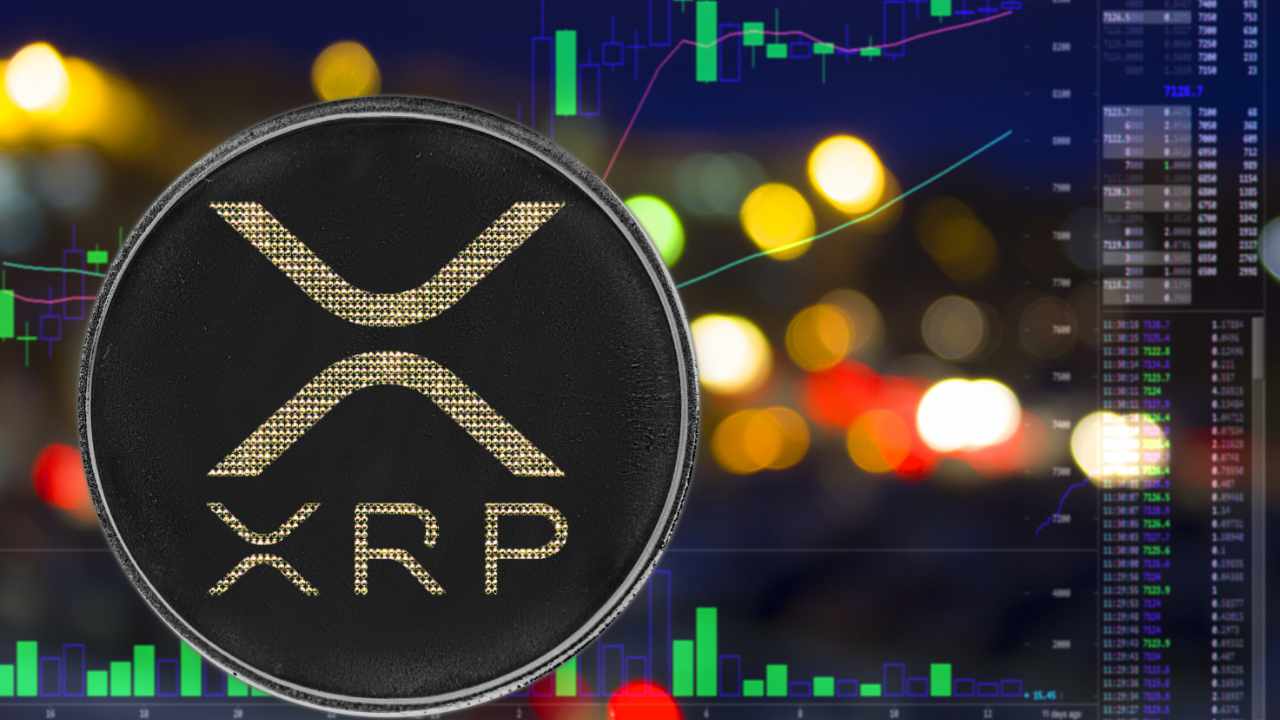The legal battle between Ripple Labs and the U.S. Securities and Exchange Commission (SEC) over the classification of XRP has been a defining moment for the cryptocurrency industry. The case has drawn significant attention, sparking debates about regulatory clarity and the future of digital assets. The recent developments in this saga, including Judge Analisa Torres’ rejection of a joint settlement motion, have added another layer of complexity to an already intricate legal landscape.
The core of the dispute revolves around the classification of XRP as a security. The SEC’s lawsuit, filed in December 2020, alleged that Ripple’s sales of XRP amounted to unregistered securities offerings, totaling over $1.3 billion. Ripple, however, argued that XRP did not meet the criteria of the Howey Test, which is used to determine whether an asset is a security. The Howey Test evaluates whether an investment contract exists based on four factors: investment of money, a common enterprise, expectation of profits, and efforts of others.
In July 2023, Judge Torres issued a landmark ruling that provided partial clarity on the matter. She determined that while institutional sales of XRP by Ripple did violate securities law, sales of XRP on public exchanges did not. This distinction was crucial for the crypto industry, as it established that XRP, when traded on public exchanges, is not considered a security. This ruling was a significant victory for Ripple and the broader cryptocurrency market, as it set a precedent that not all crypto tokens are automatically classified as securities.
The recent rejection of the joint settlement motion by Judge Torres has introduced a new twist in the case. The motion, which sought to reduce Ripple’s fine from $125 million to $50 million and lift certain restrictions on XRP activities, was denied on procedural grounds. Judge Torres cited Federal Rule of Civil Procedure 60, which requires “exceptional circumstances” to justify altering a final judgment. The parties involved failed to meet this threshold, leaving the original penalty and restrictions in place.
Despite this setback, Ripple has remained steadfast in its position. The company’s Chief Legal Officer, Stuart Alderoty, emphasized that the recent ruling does not undermine the core legal status of XRP. He reiterated that XRP is not considered a security in public secondary markets, a point that remains unchanged by the court’s decision. Ripple has indicated that it will refile the settlement motion in compliance with the necessary procedural requirements, demonstrating its commitment to resolving the matter.
The implications of the Ripple-SEC case extend beyond the immediate parties involved. The partial legal victory for XRP has provided a measure of clarity for the cryptocurrency industry. For major exchanges, funds, and investors, this clarity reduces the risk of unpredictable SEC enforcement actions. The ruling has also set a precedent that tokens traded on public exchanges are not automatically classified as securities, which is a significant development for the broader crypto market.
The distinction between institutional and retail sales of XRP has created a new legal dividing line. While large, direct institutional sales by crypto companies may still be considered securities, everyday retail trading on exchanges is not. This nuance will influence how new projects, exchanges, and investors approach token sales and compliance in the future. It highlights the importance of understanding the context in which tokens are sold and traded, as this can have significant legal and regulatory implications.
For Ripple, the ongoing legal battle has had both positive and negative consequences. On one hand, the company has achieved a significant legal victory by establishing that XRP is not a security in public secondary markets. On the other hand, the unresolved fine and restrictions on certain institutional sales pose challenges for the company’s business operations. Despite these challenges, Ripple remains focused on expanding its business outside the U.S. and continuing to develop its payments products and partnerships.
The SEC’s approach to the Ripple case has also evolved over time. Initially, the commission took a hardline stance, alleging that all sales of XRP were unregistered securities offerings. However, the recent developments suggest a more nuanced approach, recognizing that not all crypto tokens meet the traditional definition of a security. This shift in the SEC’s stance reflects the broader regulatory challenges faced by the cryptocurrency industry, as well as the need for a more flexible and adaptive regulatory framework.
The market reaction to the legal developments in the Ripple-SEC case has been mixed. The initial victory in July 2023 led to a surge in XRP’s price, reflecting the market’s positive response to regulatory clarity. However, the recent rejection of the joint settlement motion triggered a dip in XRP’s price, highlighting the market’s sensitivity to ongoing legal uncertainties. This volatility underscores the importance of regulatory clarity for the cryptocurrency market, as well as the potential impact of legal developments on token prices.
Looking ahead, the path forward for XRP and Ripple remains uncertain. The parties involved can refile the settlement motion, ensuring compliance with the necessary procedural requirements. Until then, the status quo will persist, with XRP mostly free of security-related restrictions on exchanges but institutional sales still under scrutiny. The final resolution of the case will have significant implications for the cryptocurrency industry, as it will set a precedent for how tokens are classified and regulated in the U.S.
In conclusion, the Ripple-SEC case has been a pivotal moment for the cryptocurrency industry, providing a measure of regulatory clarity while also highlighting the ongoing challenges and uncertainties. The recent developments in the case, including the rejection of the joint settlement motion, have added complexity to the legal landscape. However, the core outcome—that XRP is not a security in public secondary markets—remains unchanged. This precedent is a significant victory for Ripple and the broader crypto market, as it establishes that not all tokens are automatically classified as securities. The ongoing legal battle underscores the need for a more flexible and adaptive regulatory framework for digital assets, as well as the importance of regulatory clarity for the cryptocurrency industry.





